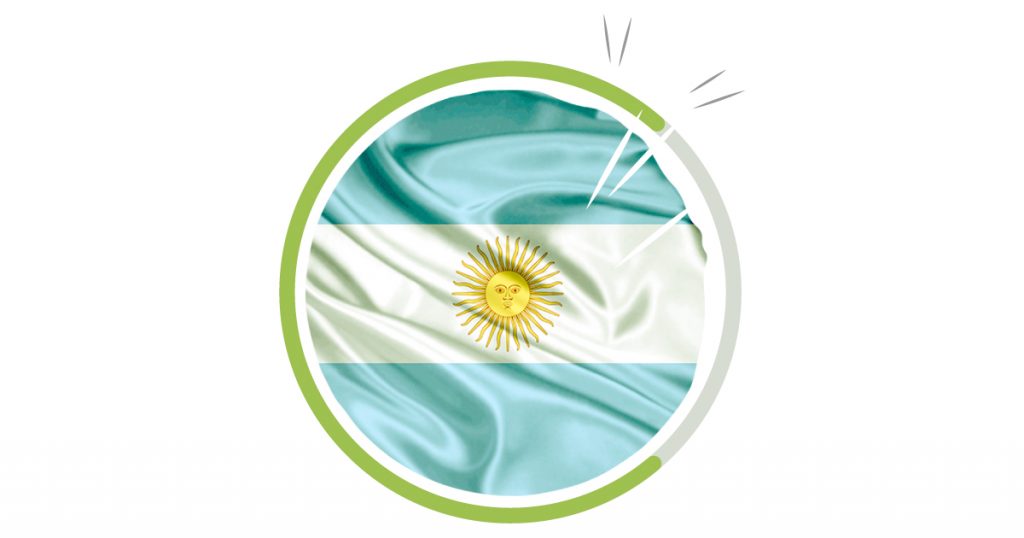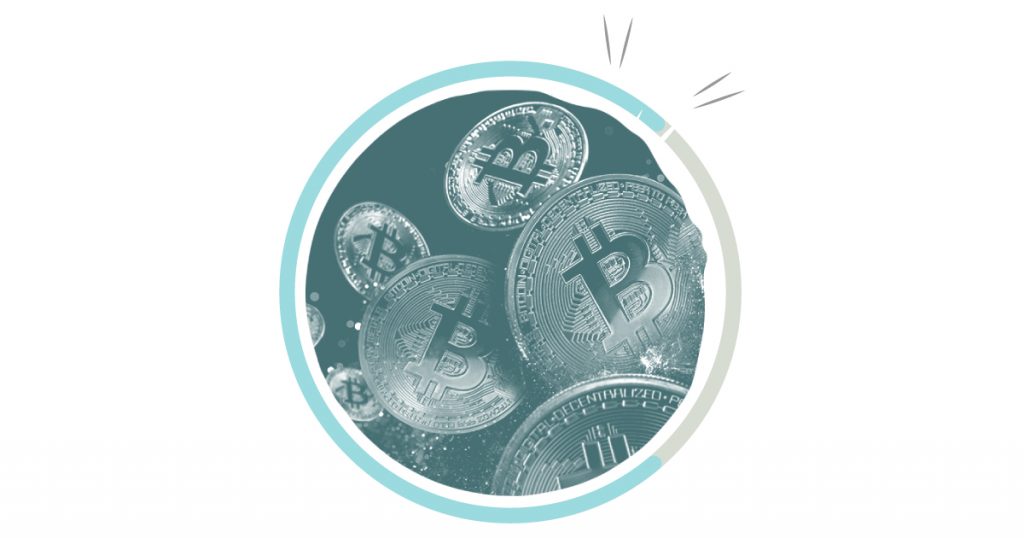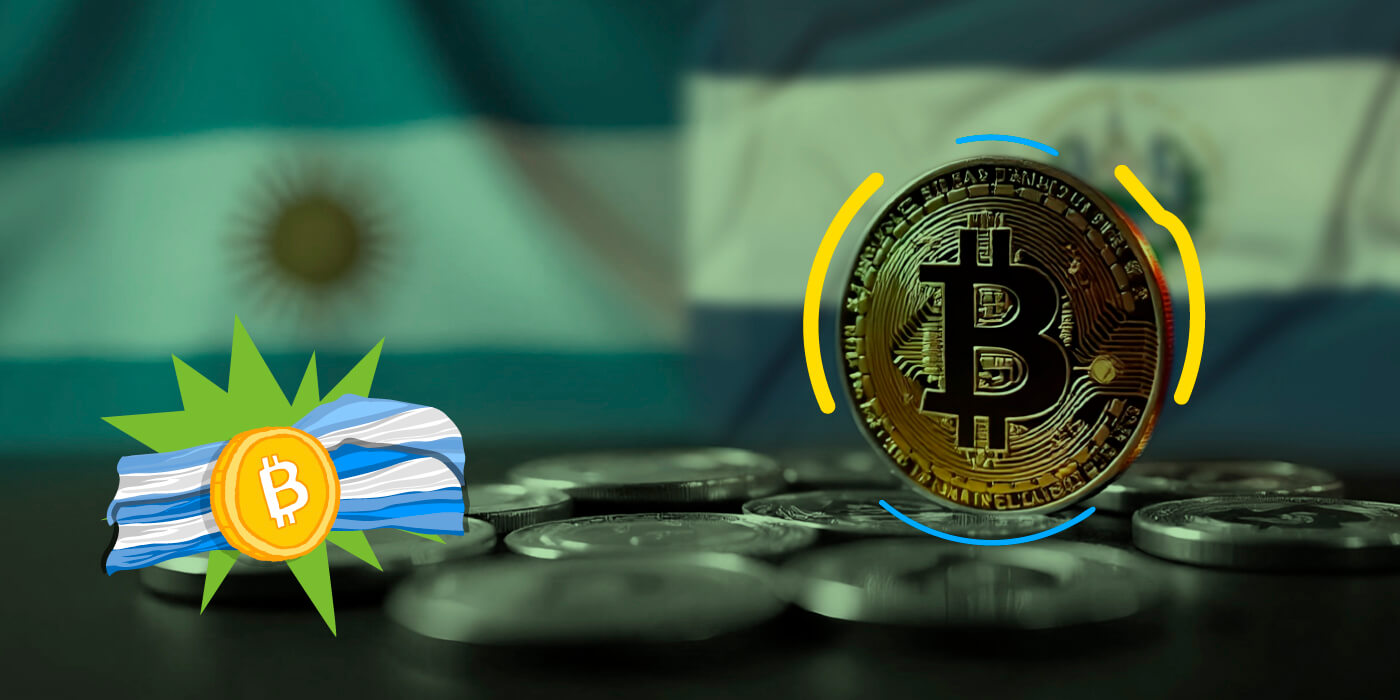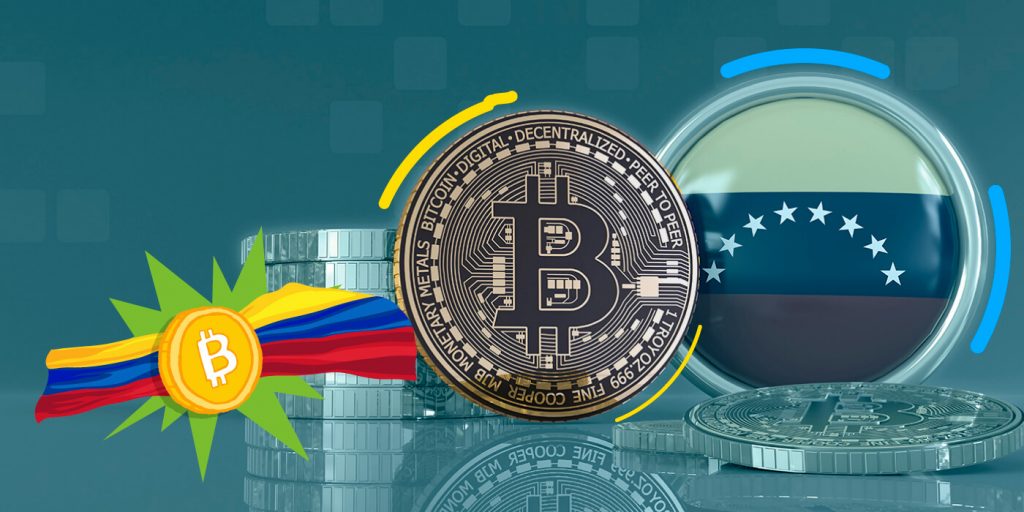Since his inauguration as president of Argentina in December 2023, Javier Milei has generated various expectations and controversies. One of his most interesting and bold proposals is the implementation of a free currency competition regime. This idea has captured the attention of cryptocurrency enthusiasts and free-market advocates. In this article, we will explain the details of this proposal and its possible implications for the use of Bitcoin and other currencies in Argentina.
Milei’s Vision on Bitcoin and Free Currency Competition
A Libertarian Approach

Javier Milei, known for his strong libertarian leanings, has been a constant critic of Central Banks, which he has described as “a scam.” According to Milei, the Central Bank acts as a mechanism through which politicians scam people with inflationary taxes. This point of view has led him to consider Bitcoin as a natural and effective response to what he perceives as abuses by traditional banking entities.
In a recent statement on the social network X (formerly known as Twitter), Milei assured that under his administration, there will be free currency competition. This means that citizens and businesses will be able to use any unit of account they deem most convenient, including Bitcoin, West Texas Intermediate (WTI), and British Thermal Units (BTU).
Bitcoin in the Argentine Context

Argentina has historically suffered from high inflation and the devaluation of its currency. In this context, the US dollar has traditionally been seen as a safe haven for Argentinians’ savings. However, Milei proposes that in an environment of free currency competition, Bitcoin could gain popularity. Its decentralized nature and resistance to censorship make it an attractive option compared to fiat currencies prone to inflation and government manipulation.
Did you know that Javier Milei proposes free currency competition in Argentina? Discover how this could enable the use of Bitcoin and change the economy. Read more here. Share on XImplications and Challenges
Possible Benefits
The adoption of a free currency competition regime could bring several benefits to the Argentine economy:
- Stability and Diversification: Allowing the use of various currencies can offer an alternative to the volatility of the Argentine peso. Citizens and businesses could choose currencies that better maintain their value in the long term.
- Financial Innovation: Competition between different currencies could foster innovation in the financial sector, promoting the development of new technologies and financial services.
- Economic Freedom: This policy aligned with Milei’s libertarian principles could increase citizens’ economic freedom, allowing them to choose the best financial tool for their needs.
Challenges and Criticisms
However, Milei’s proposal also faces several challenges and criticisms:
- Regulation and Oversight: Implementing a free currency competition system will require a clear regulatory framework to prevent fraud and ensure transparency. This may be complicated to establish and supervise.
- Cryptocurrency Volatility: While Bitcoin and other cryptocurrencies offer advantages, their high volatility could pose a significant risk for those unfamiliar with their nature. This could lead to financial losses for individuals and businesses.
- Widespread Acceptance and Use: Getting a large portion of the population and businesses to adopt new currencies can be a slow and challenging process. Education and technological adaptation will be crucial to the success of this proposal.
Conclusion
Javier Milei’s proposal to allow free currency competition in Argentina is bold and reflects his libertarian principles. While it offers potential benefits such as greater economic stability and financial freedom, it also faces significant challenges in terms of regulation, volatility, and adoption. Time will tell if this revolutionary vision can transform the Argentine economy and provide its citizens with more robust and flexible tools to face economic challenges.
In an increasingly digital world, the possibility of using Bitcoin and other cryptocurrencies freely in Argentina could mark a milestone in the global adoption of these financial technologies. However, the success of this initiative will largely depend on how the inherent challenges of implementing such an innovative and radical system are addressed.







